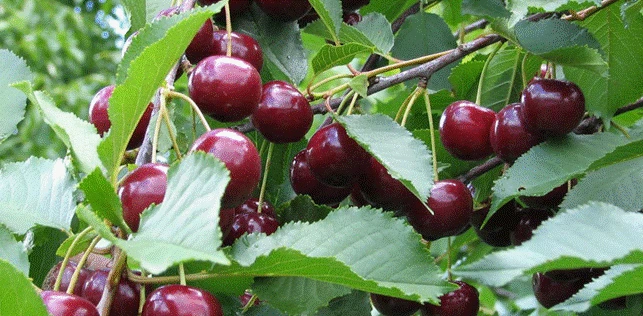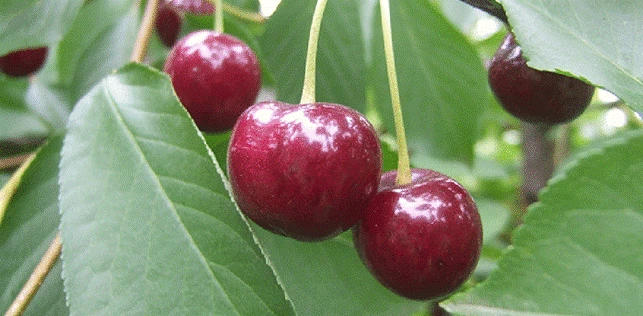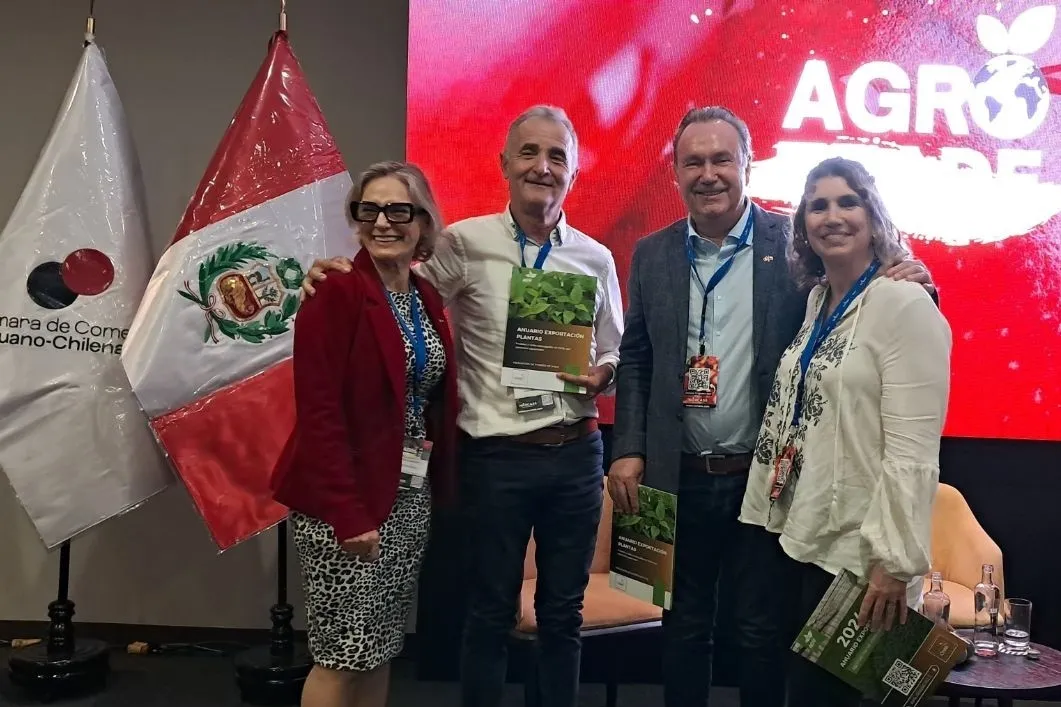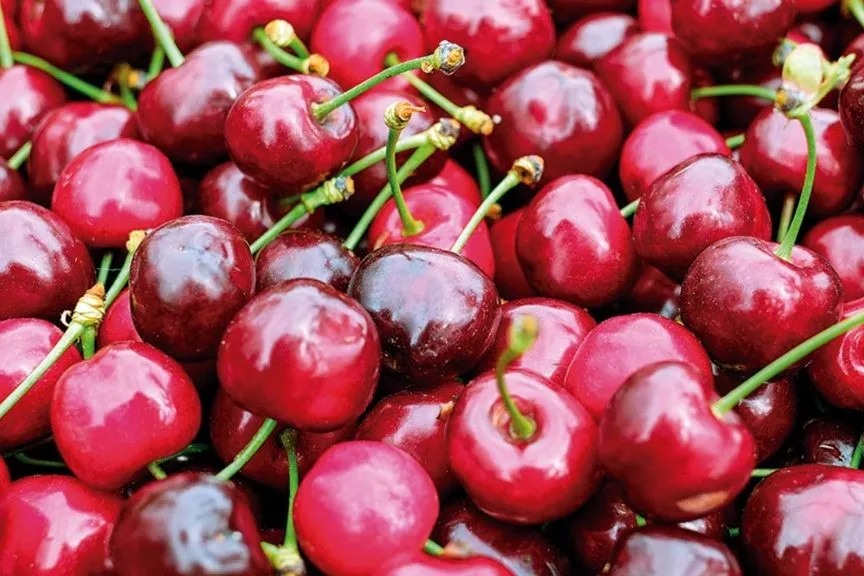Fertility in sour cherry (Prunus cerasus L.) is controlled by a gametophytic self-incompatibility (GSI) system. Despite the fact its manifests similarly to other Rosaceae species, GSI in sour cherries is more complex due to tetraploidy and the presence of pollen-part and stylar-part mutants that cause genetic changes at S-locus.
The phenomenon implies self-incompatible, partially selfcompatible and self-compatible reproductive behavior of sour cherry genotypes, as well as requirement for pollenisers in commercial orchards.
Self-(in)compatibility status of sour cherry cultivars/selections realized at Fruit Research Institute, Čačak Šumadinka (Köröser Weichsel × Heimanns Konserven Weichsel), Sofija (Čačanski Rubin × Heimanns Konserven Weichsel), Nevena (Köröser Weichsel × Heimanns Konserven Weichsel), V/106 (Köröser Weichsel × ‛Heimanns Konserven Weichsel), GV-6 and GV-10 (both selected from natural population in the Čačak vicinity) was examined over two years, and compared to standard Heimanns Konserven Weichsel.
 Image 1: Cv Šumadinka (Köröser Weichsel × Heimanns Konserven Weichsel).
Image 1: Cv Šumadinka (Köröser Weichsel × Heimanns Konserven Weichsel).
Examination included self-pollination experiment in the field, monitoring the parameters of pollen tubes growth efficacy in vivo by fluorescent microscopy, and fruit set recording. In the pistils of Nevena, V/106 and GV-10, pollen tubes ended their growth predominantly in the upper and middle parts of the style, with sporadically penetrated tubes in lower pistils part.
 Image 2: Cv Nevena (Köröser Weichsel × Heimanns Konserven Weichsel).
Image 2: Cv Nevena (Köröser Weichsel × Heimanns Konserven Weichsel).
Pollen tubes kinetics was more efficient in the styles of Šumadinka, Heimanns Konserven Weichsel and Sofija, being in the micropyle on the 3rd day, and in the nucellus of the ovary on the 6th day after pollination.
According to fertilization percentage (0.00%; 2.78% and 0.00%, respectively) and fruit set (0.00%; 0.00% and 0.10%, respectively), Nevena, V/106 and GV-10 could be classified as self-incompatible cultivars, whereas Šumadinka (17.92%; 16.31%, respectively) and Heimanns Konserven Weichsel (18.75%; 17.50%, respectively) behaved as self-compatible. Showing relatively high values of fertilization percentage (21.05%; 23.18%, respectively), but lower values of fruit set (11.57%; 7.24%) after selfing, Sofija and GV-6 could be classified as partially selfcompatible genotypes.
Source: Fonte: EXAMINATION OF SELF-(IN)COMPATIBILITY IN SOUR CHERRY GENOTYPES DEVELOPED AT FRUIT RESEARCH INSTITUTE, ČAČAK. Sanja Radičević1*, Slađana Marić1 , Milena Đorđević1 , Radosav Cerović2 , Ivana Glišić1 , Nebojša Milošević1 1 Fruit Research Institute, Čačak, Kralja Petra. I/9, 32000 Čačak, Republic of Serbia, 2 University of Belgrade, Innovation Centre at Faculty of Technology and Metallurgy, Karnegijeva 4, 11000 Beograd, Republic of Serbia * sradicevic@institut-cacak.org ISBN: 978-86-7834-443-5.
Images: Institut za voćarstvo Čačak; SL Fruit Service
Cherry Times - All rights reserved












